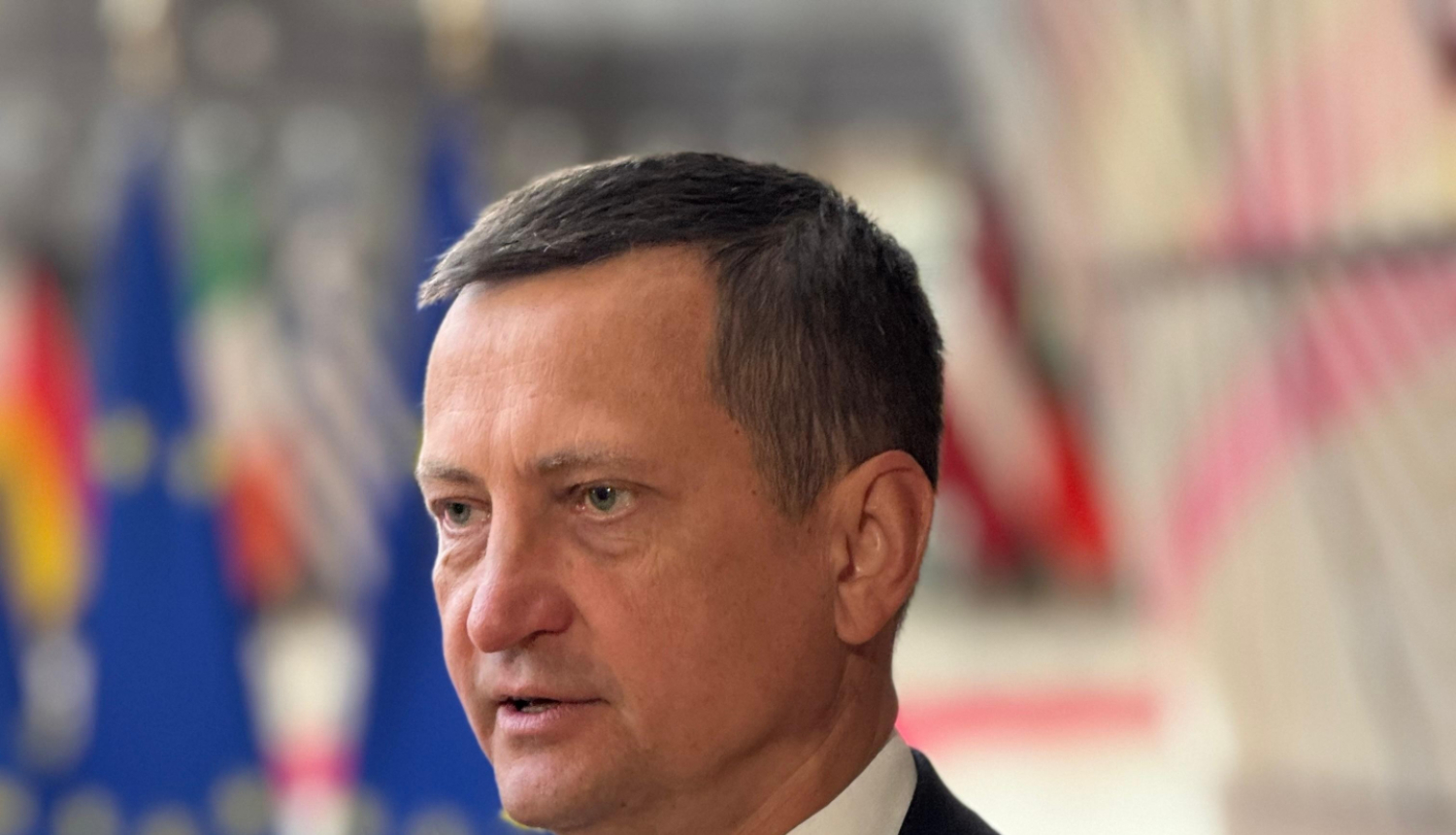Minister for Agriculture Armands Krauze, having reviewed the European Commission’s (EC) proposal for the European Union’s (EU) long-term budget for the 2028–2034 period, published on the evening of Wednesday, July 16, emphasizes that Latvia’s priority for the next EU planning cycle is to secure a separate, uncut, and clearly structured budget for the Common Agricultural Policy (CAP) and the Common Fisheries Policy (CFP).
Minister Krauze stated: “Increased funding for EU defense, security, and support for Ukraine is unquestionable. However, there are significant opportunities to make savings elsewhere—such as in the implementation of excessive Green Deal requirements, unnecessary programs for the integration and maintenance of unfriendly migrants, unclear research initiatives, and similar expenditures. In the future as well, strong EU funding for agriculture and rural development is crucial. Any cuts will have serious consequences for food production, food prices, and the development of rural areas. Latvian farmers need competitive income support – so far this support has been unequal, and this cannot be allowed to continue in the next period. It is critically important that substantial EU funding be secured for rural development. Unfortunately, the current EU budget proposal does not clearly reflect such a commitment. Agriculture and food production are fundamental sectors of the EU. Therefore, the current short-sighted approach – downgrading the importance of agricultural support and folding it into a centralized fund with an unclear amount of funding available to the sector – is both incomprehensible and unacceptable. Such an approach risks leaving the sector without the means to address key challenges or drive growth.”
The EC’s new budget proposal includes plans to merge agriculture funding into a single, centralized fund alongside other policy areas. Not only does this model reduce the clearly designated portion for agricultural support across all EU member states compared to the current period, but it also allows countries themselves to potentially finance agricultural activities in the remaining, non-designated portions of this fund. However, this could result in a de facto reduction in support for Latvian agriculture under the CAP – a scenario that is unacceptable.
It is important for Latvia to support agriculture and food production in every way possible to enhance the country's competitiveness in a highly competitive global market. Replacing the current direct payments system – already unfair to Latvian farmers – with a fundamentally altered income support mechanism, as proposed by the EC, could have unpredictable and potentially harmful consequences, especially if it leads to reduced support. Moreover, given the varying capacities of member states to co-finance programs from their national budgets, the co-financing rules must ensure fair competition and not place some countries at a disadvantage.
“To ensure the stability and future development of the agriculture, fisheries, and food production sectors, it is vital that the final agreement on the EU’s 2028–2034 multiannual budget includes a clearly defined and separate line of funding for agriculture and fisheries. Latvia must be guaranteed at least the same level of funding as in the current period. The European Commission’s initial proposal is extremely vague – it does not provide any clarity on how much EU funding will be available to Latvia for agricultural and food sector development, rural support, modernization investments, or rural entrepreneurship. Without this clarity, we risk losing the socio-economic momentum in rural regions. EU funding for Latvian rural development was already unjustifiably reduced in the current period. Further cuts for these priorities are entirely unacceptable,” Krauze emphasized.
He also pointed out that the implementation of the Common Fisheries Policy (CFP) must be backed by a separately allocated budget at the EU level. Since the CFP is regulated at the EU level—including catch quotas, strict traceability requirements, and fishing controls—it places significant financial demands on Latvia’s fisheries sector and on the national budget. Fisheries in Latvia play a vital role in ensuring access to safe and healthy food. To ensure the sector’s continued competitiveness, the CFP must have dedicated EU-level funding.



